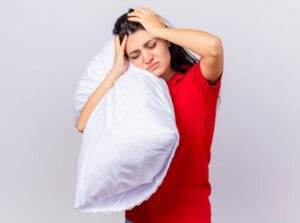The Health Blog
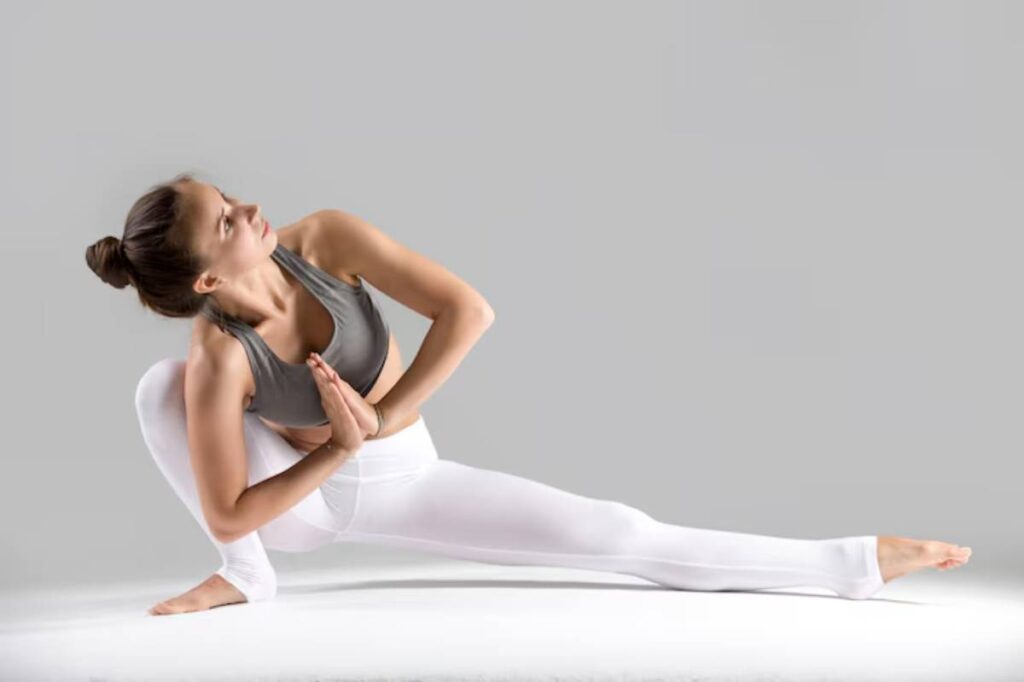
How Regular Exercise Enhances Sleep Quality
There’s nothing quite as frustrating as lying in bed at night — physically worn out but still unable to drift off. The body feels tired, but the mind keeps spinning. And morning comes far too soon.
This is where the link between exercise and sleep becomes essential to understand. It’s not just about working out to stay fit or manage weight. Regular exercise greatly affects our sleep. It helps us fall asleep faster and feel more refreshed the next day.
Let’s explore how daytime movement can calm your mind and help your body relax for deeper sleep — naturally and consistently.
What Happens in the Body During Exercise
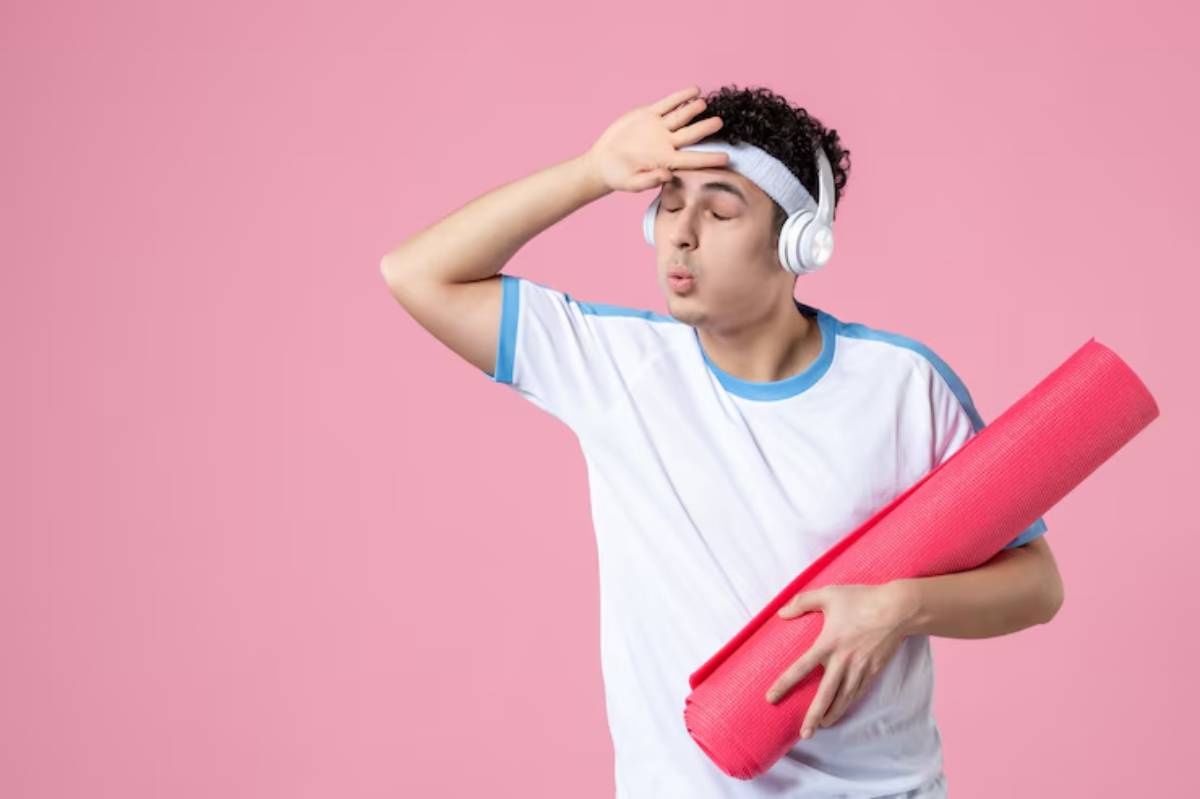
Before jumping into the sleep benefits, it helps to understand what physical activity does to the body during the day.
Exercise increases heart rate, raises core body temperature, and stimulates the nervous system. It lifts your mood, enhances circulation, and helps balance hormones related to stress and relaxation. Over time, regular movement helps the body find its natural rhythm.
But what does all this mean for sleep?
Quite a bit, actually.
Exercise as a Natural Sleep Booster
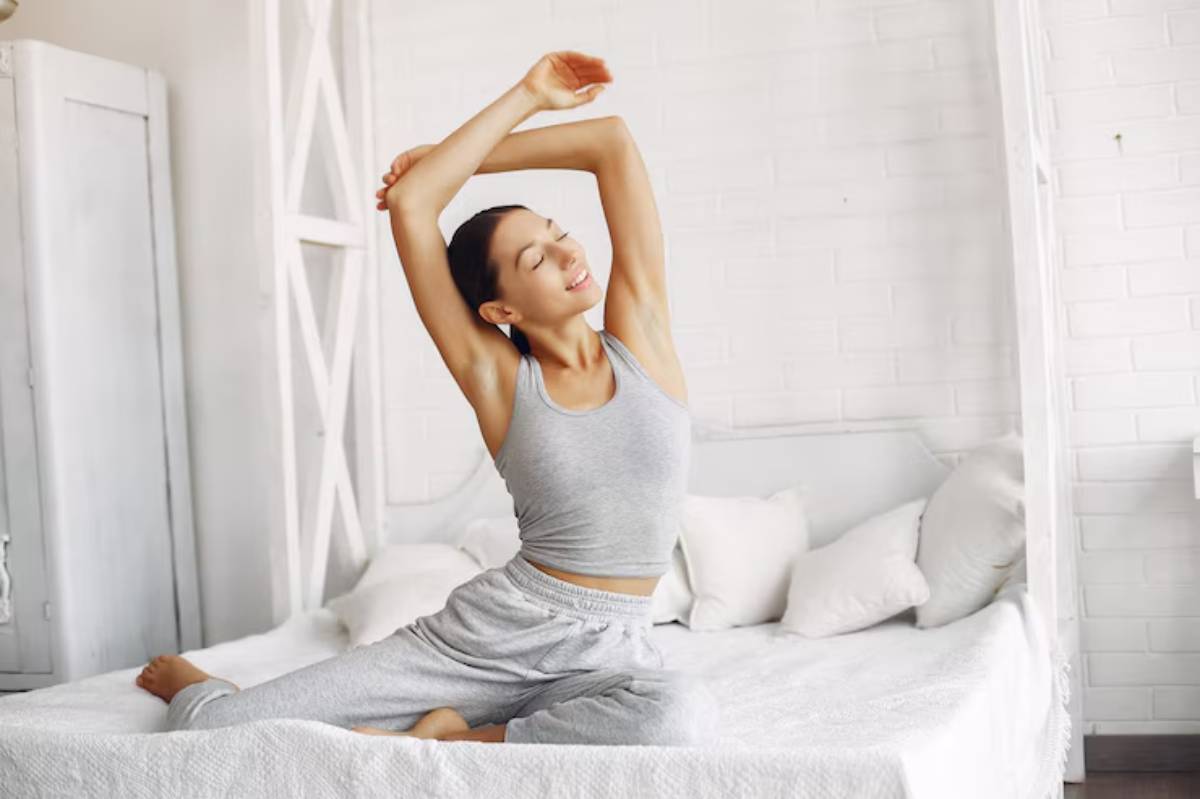
The body thrives on balance. And just as rest supports recovery, effort supports rest. When muscles work and energy is spent, the body has a clearer signal to shift into repair mode at night.
Here’s how physical activity for better sleep works:
1. Deeper Sleep Stages
Exercise helps the body spend more time in deep, restorative sleep. This is when the body repairs itself, strengthens the immune system, and prepares for the next day.
2. Faster Sleep Onset
People who move regularly tend to fall asleep more quickly. The body feels ready to rest, and the mind has fewer leftover jitters to process.
3. Reduced Sleep Interruptions
Better circulation, relaxed muscles, and lower stress levels all help reduce nighttime waking. Sleep becomes smoother and more continuous.
4. Stress and Anxiety Reduction
Exercise helps lower cortisol — the body’s main stress hormone. Less stress during the day means fewer racing thoughts at night.
Regular movement offers many benefits that make it a top natural sleep booster. Plus, it’s free!
The Best Types of Exercise for Sleep
Not all movement impacts the body the same way. Also, sleep benefits depend on the type and timing of activity. The good news is, it doesn’t take extreme workouts to make a difference.
Low to Moderate Intensity
Activities such as walking, cycling, swimming, or light strength training help improve sleep. They get the body moving without over-stimulating the nervous system.
Yoga and Stretching
These are particularly helpful in the evening. They calm the breath, ease muscle tension, and prepare the body for rest. Even 10 minutes of gentle movement can promote relaxation.
Aerobic Activity (Cardio)
Running, brisk walking, dancing — these all help improve sleep quality, especially when done earlier in the day. Cardio raises core body temperature, which then drops post-exercise, triggering sleepiness later.
How Much Is Enough?
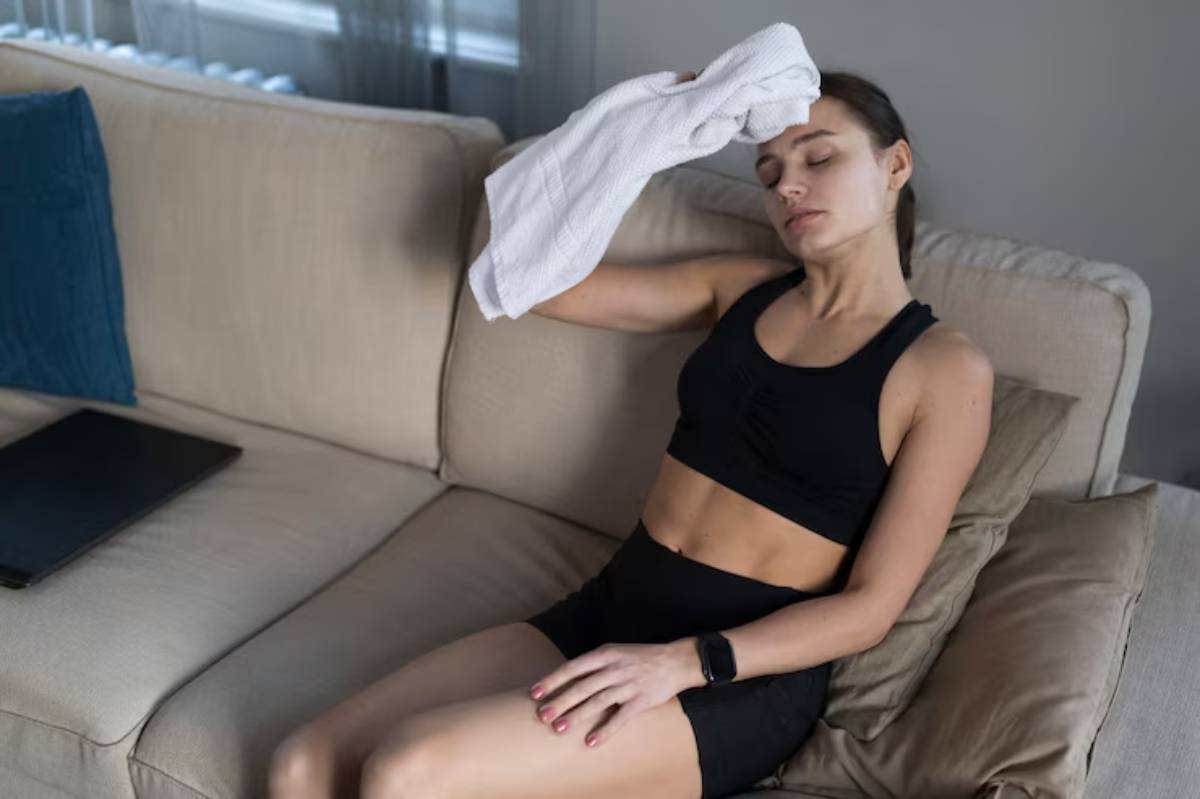
Aim for at least 150 minutes of moderate aerobic activity each week. That’s about 30 minutes most days.
But for sleep, even short bouts of movement can help — especially if done consistently. A 20-minute walk after lunch. A 10-minute stretch after work. A few squats between tasks. It all adds up.
Consistency is more important than intensity. The body doesn’t need punishing workouts. It just needs to move.
Timing Matters — But So Does Listening to the Body
There’s often debate about when to exercise for the best sleep. And while timing can matter, it’s not one-size-fits-all.
Morning and Afternoon
These are great times for cardio or more intense workouts. Exercising during these hours boosts energy for the day. It also helps you sleep better at night by slowly reducing your body’s stress response.
Evening Workouts
Some people find evening workouts stimulating. Others find they help them relax. It depends on the individual. The key is to give the body enough time to wind down — ideally finishing workouts at least 1–2 hours before bedtime.
Light activity like yoga or stretching in the evening is almost always beneficial and rarely disrupts sleep.
Sleep and Exercise Feed Each Other
Here’s the beautiful part — the relationship between exercise and sleep is two-way. Better movement during the day helps improve sleep. Better sleep boosts energy, motivation, and muscle recovery. This makes future workouts easier and more fun.
It’s a cycle of support. And once it starts flowing, it becomes easier to maintain.
What If Exercise Feels Hard to Start?
Not everyone enjoys exercise. For some, even the word feels loaded. The key is to reframe movement as a form of self-care, not punishment or pressure.
Here’s how to begin without overwhelm:
- Start small. A 10-minute walk is a valid workout.
- Choose what feels good. Dancing, gardening, hiking, swimming — all count.
- Forget the “all or nothing” mindset. Some movement is always better than none.
- Pair movement with music or podcasts to make it more enjoyable.
- Track how sleep improves. Use a journal or app to notice patterns.
Movement doesn’t have to be perfect. It just has to be consistent.
A Sample Movement and Sleep-Friendly Day
Need a visual? Here’s how a gentle, sleep-supporting day might look:
Morning:
- Stretch for 5 minutes after waking
- Go for a 20-minute brisk walk outdoors (sunlight helps regulate circadian rhythm)
Afternoon:
- Light yoga or desk-friendly stretches between tasks
- A quick 15-minute bodyweight circuit or light bike ride
Evening:
- Dinner at least two hours before bed
- 10-minute relaxing yoga sequence
- Wind-down routine with no screens and dimmed lights
Small changes like this create a rhythm that the body begins to trust. And once it trusts the rhythm, sleep follows naturally.
When to Speak to a Professional
Exercise improves sleep for most people. If movement doesn’t help, or if sleep problems are severe or last a long time, talk to a doctor or sleep specialist. Other health factors like insomnia, anxiety, or chronic pain may be involved.
A professional can help create safe movement plans for those with health conditions. These plans can also support better sleep.
Sleep Is Built During the Day
There’s a tendency to only think about sleep when it’s already gone wrong. But the truth is, good sleep starts long before bedtime. It’s shaped by how energy is used, how stress is managed, and how the body moves throughout the day.
Regular movement, even in small amounts, is a simple way to boost sleep. You don’t need pills or complex routines. It supports both body and mind, and it works with the body’s natural processes, not against them.
That’s what makes it one of the most powerful natural sleep boosters available.




